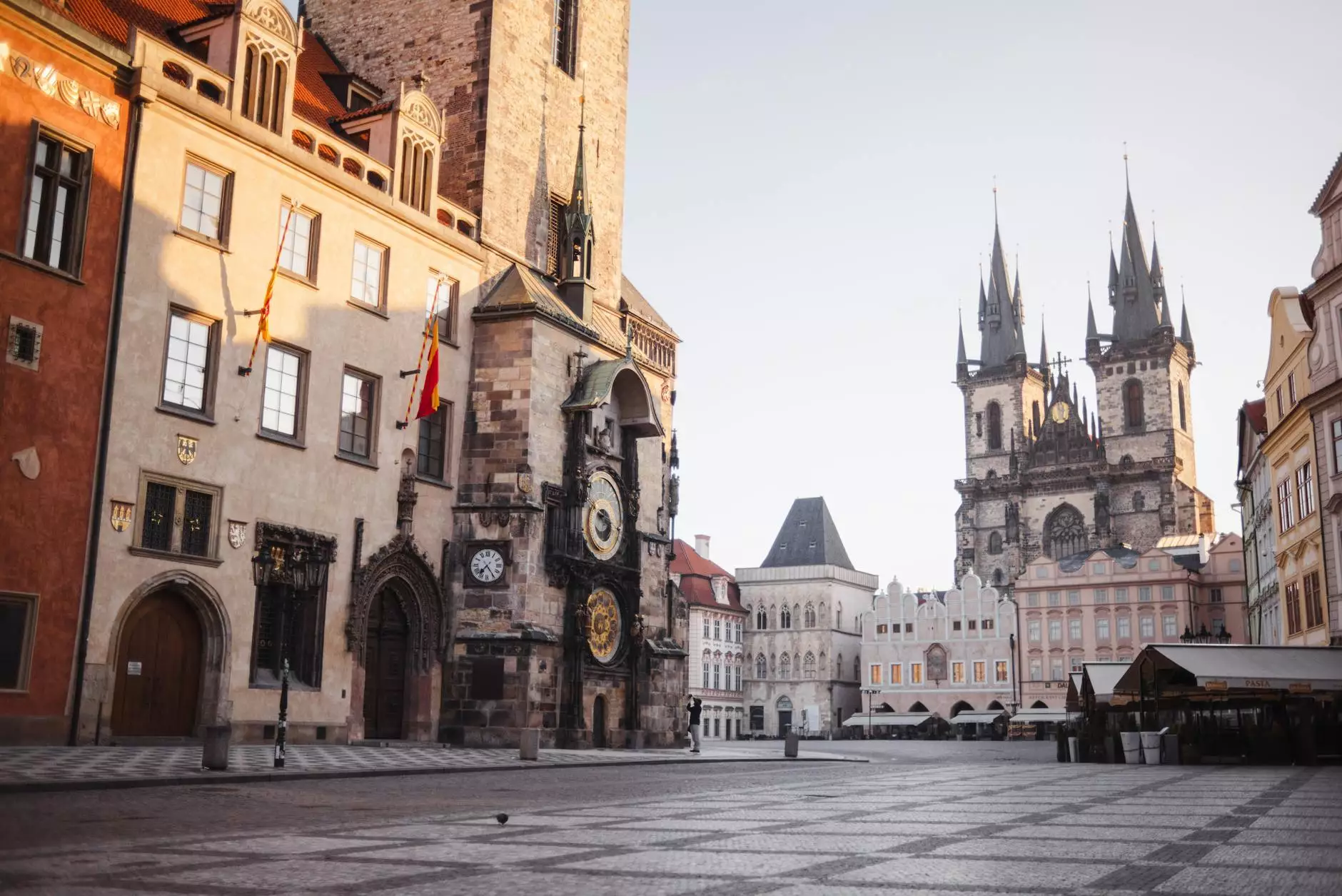Black Churches in Bay Ridge Brooklyn: A Beacon of Faith, Community, and Cultural Heritage

Brooklyn's Bay Ridge neighborhood is renowned not only for its scenic waterfront and diverse community but also for its vibrant religious landscape. Among its many religious institutions, the black churches in Bay Ridge Brooklyn stand out as vital centers of spiritual growth, cultural preservation, and social engagement. These churches have long been pillars of support, fostering unity, empowerment, and community development for residents and visitors alike.
Understanding the Significance of Black Churches in Bay Ridge Brooklyn
Black churches in Brooklyn, particularly those in Bay Ridge, serve more than just spiritual needs. They are cultural hubs that preserve African American heritage and serve as platforms for advocacy, education, and social services. Their significance extends into shaping the neighborhood's identity, contributing to its overall growth, and fostering an environment of inclusivity and empowerment.
The Historical Roots and Evolution of Black Churches in Bay Ridge
Although Bay Ridge has historically been known as a largely Irish and Italian neighborhood, in recent decades, it has experienced a remarkable influx of diverse communities, including a growing African American population. The establishment of black churches here has roots in the broader civil rights movement, migration patterns, and the desire of African American residents to create institutions rooted in their faith and culture.
Many of these churches trace their histories back several decades, with some originating in Brooklyn's central areas and eventually establishing congregations in Bay Ridge to serve new generations. Over time, these churches have evolved into influential community organizations, balancing traditional worship practices with contemporary outreach and activism initiatives.
Community Impact of Black Churches in Bay Ridge Brooklyn
Spiritual Leadership and Worship Practices
At the core of each black church in Bay Ridge Brooklyn is a commitment to spiritual growth and holistic well-being. Worship services are characterized by energetic gospel singing, heartfelt prayers, and messages rooted in biblical teachings tailored to address contemporary issues faced by the community. Pastors and spiritual leaders are revered for their wisdom, guidance, and dedication to uplifting their congregations.
Social and Educational Outreach
Beyond Sunday worship, these churches actively engage in a broad spectrum of outreach programs aimed at tackling issues such as poverty, education disparities, healthcare access, and youth empowerment. They host community food drives, after-school tutoring, health screenings, and mentorship programs, creating a support network that alleviates hardships faced by many families.
Advocacy and Social Justice Initiatives
Many black churches in Bay Ridge Brooklyn have become vocal advocates for social justice. They organize protests, forums, and advocacy campaigns to raise awareness about racial inequalities, police brutality, and economic disparities. Their presence plays a crucial role in fostering dialogue among diverse community groups and promoting equity and fair treatment.
Cultural Preservation and Artistic Expression
Music, dance, and visual arts are integral parts of the spiritual life within these churches. Gospel choirs, dance ministries, and cultural festivals serve to both affirm black heritage and inspire congregants and neighbors alike. These dynamic expressions of faith and culture help build bridges across different backgrounds, fostering mutual respect and understanding.
The Role of Churches like Zion NYC in Community Building
Leading organizations such as Zion NYC exemplify the modern black church in Bay Ridge—combining traditional faith practices with innovative community initiatives. The categories of Synagogues, Religious Organizations, Churches highlight the diverse tapestry of faith, and organizations like Zion NYC actively participate in religious, social, and cultural development within Brooklyn's broader religious landscape.
Leadership and Vision
Strong, visionary leadership is fundamental in shaping the direction of black churches in Bay Ridge Brooklyn. Pastors and community leaders prioritize inclusive spiritual leadership that meets the needs of an evolving congregation. They focus on mentorship, youth engagement, and creating platforms for congregants to participate in civic life.
Modern Outreach and Technology
Embracing digital tools and social media, churches like Zion NYC extend their reach beyond physical walls. Livestreamed services, online prayer meetings, and virtual community forums ensure that members of all ages remain connected, especially amid current global challenges. This technological adaptation fosters continuous growth and engagement among the community.
Economic Opportunities within the Religious Community
Many black churches in Bay Ridge Brooklyn also play a vital economic role. They create employment through staff positions, event hosting, and community services. Additionally, they support local businesses via collaborations, market events, and vendor opportunities during church fairs, festivals, and conferences. This symbiotic relationship strengthens the local economy and promotes small business development.
Real Estate and Community Development
Religious organizations often influence neighborhood revitalization efforts. Churches frequently partner with community development agencies to promote affordable housing, improve infrastructure, and sustain cultural landmarks. Their presence contributes to neighborhood stability and dynamic growth, making Bay Ridge an attractive destination for new residents and businesses.
Future Outlook for Black Churches in Bay Ridge Brooklyn
The trajectory for black churches in Bay Ridge Brooklyn is promising, given their resilience, adaptability, and unwavering commitment to community service. As Brooklyn continues to diversify, these churches are positioned to become even more influential in advocating for racial equity, providing support networks, and enriching the cultural fabric of the neighborhood.
Innovation in digital outreach, increased collaborations with civic organizations, and youth-focused initiatives are expected to further amplify their positive impact. As these institutions expand their reach and deepen their mission, they will continue to serve as vital anchors that uphold faith, foster community cohesion, and promote social justice.
In Conclusion
Black churches in Bay Ridge Brooklyn stand as emblems of faith, resilience, and community empowerment. Their contributions go far beyond spiritual services—they are essential engines of cultural preservation, social justice, and local development. As Brooklyn evolves into a more diverse and vibrant metropolis, these churches will undoubtedly remain pivotal in shaping a more inclusive, thriving, and compassionate neighborhood.
For more detailed information and to explore community initiatives, visit Zion NYC, a prominent example of a dynamic, forward-thinking black church fulfilling its mission within Bay Ridge Brooklyn and the broader Brooklyn area.









